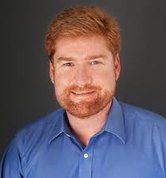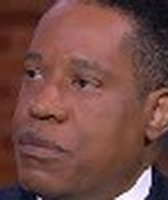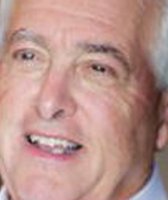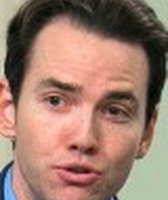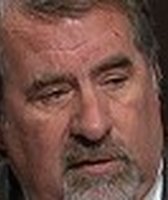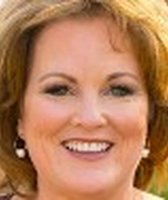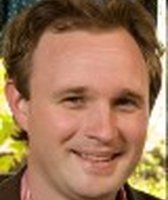Stand up for the facts!
Our only agenda is to publish the truth so you can be an informed participant in democracy.
We need your help.
I would like to contribute
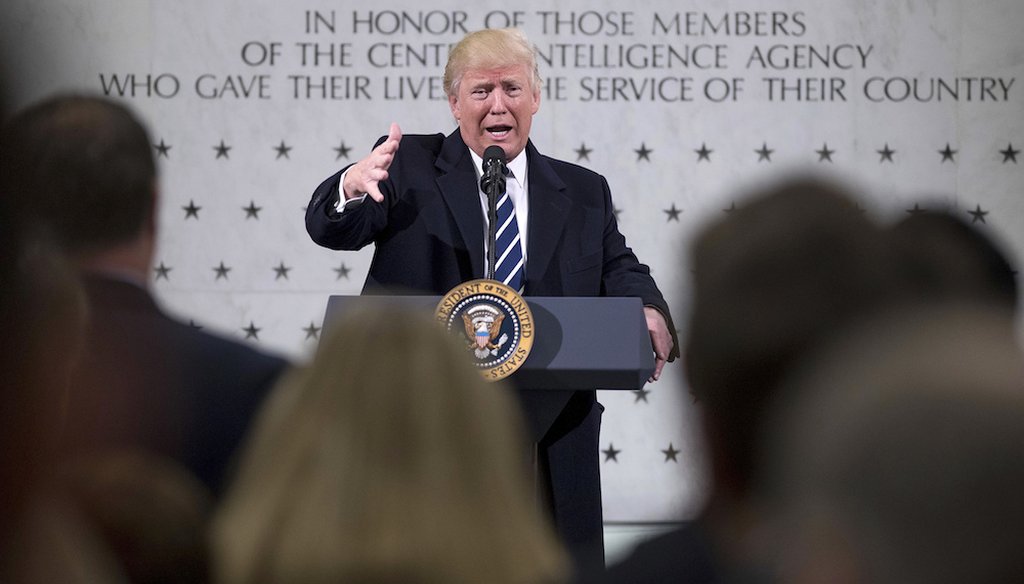
President Donald J. Trump visits the CIA on Jan. 21, 2017. (AP Photo)
On Nov. 27, 2016, then President-elect Donald Trump claimed in a tweet "serious voter fraud" occurred in three states that Hillary Clinton won, including California, without citing any evidence.
Now, President Donald Trump has resurrected his widely debunked claims that millions of people illegally voted against him in the general election, costing him the popular vote.
Trump lost the popular vote to Clinton by 2.9 million votes.
"I will be asking for a major investigation into VOTER FRAUD, including those registered to vote in two states, those who are illegal and....even, those registered to vote who are dead (and many for a long time)," Trump tweeted on January 25, 2017.
PolitiFact California previously examined Trump’s voter fraud claim, speaking with elections experts and officials across the state, and found no evidence.

Trump made this unsubstantiated claim on Twitter on Nov. 27, 2016.
Two months later, with Trump now calling for a major probe into voter fraud, his statement about California remains unfounded.
Our rating remains Pants On Fire.
Below are the reactions from experts and California officials to the unsubstantiated claims repeated by Trump:
California Secretary of State Alex Padilla, D-Los Angeles, said in a press release on Jan. 24, 2017:
"By repeating false and unsubstantiated voter fraud allegations as the cause for losing the popular vote, President Trump is dangerously attacking the legitimacy of free and fair elections and taking a jackhammer to the foundation of our democracy. These are not "alternative facts." They are corrosive lies without any evidence. Even leaders in the President's own party agree there is no evidence to support his claims."
Mindy Romero, director of the California Civic Engagement Project at UC Davis said on Capital Public Radio’s Insight program:
"There have been numerous studies, many key scholars in voting rights for decades have looked at this issue. There’s always some very small numbers of folks that mistakenly vote. Sometimes it’s a spouse that votes for somebody that’s deceased. Sometimes there’s somebody that votes that shouldn’t have voted in that particular precinct or state. Actual fraud has been found to be almost nonexistent -- just a handful of cases across the country. There have been studies in red states, Republican states, Ohio and Texas, that have shown that it’s pretty much nonexistent in terms of an issue or in terms of a concern." Romero added: "For those, including the president, that have said there is voter fraud and massive voter fraud, they have yet to produce any credible evidence. We’re still waiting to see that."
House Speaker Paul Ryan, a Republican from Wisconsin, told reporters this week that he’s seen "no evidence" of rampant voter fraud during the 2016 election.
"I’ve seen no evidence to that effect. I’ve made that very, very clear," Ryan was quoted as saying in TheHill.com.
The National Association of Secretaries of State, which is majority Republican and represents 40 of the nation’s chief state election officials, said in a statement on Jan. 24, 2017:
"We are not aware of any evidence that supports the voter fraud claims made by President Trump, but we are open to learning more about the Administration’s concerns. In the lead up to the November 2016 election, secretaries of state expressed their confidence in the systemic integrity of our election process as a bipartisan group, and they stand behind that statement today."
Not everyone is satisfied California’s voting system is secure.
Harmeet Dhillon, the California Republican Party former vice chair, told the Los Angeles Times in November 2016 that California’s online voter registration system was susceptible to voter fraud. Padilla, the state’s top elections official, called that allegation unfounded.
PolitiFact’s national fact-checking team explained in November 2016 the possible origin of the voter fraud falsehoods.
It reported that Gregg Phillips, the creator of VoteStand, a voter fraud reporting app, said on Twitter in November 2016 that "we have verified more than 3 million votes cast by non-citizens" and have "completed analysis of database of 180 million voter registrations. Number of non-citizen votes exceeds 3 million. Consulting legal team."
At the time, PolitiFact reported that Phillips would not say what the data is or where it came from, or what methodology he used. He said he would release the information publicly once he is finished.
In an interview on CNN on Jan. 27, 2017, Gregg Phillips again refused to release any evidence supporting his claims about voter fraud, saying he needs more time to prepare it.
The same day, Trump tweeted he’s waiting and watching for Phillips’ report:
"Look forward to seeing final results of VoteStand. Gregg Phillips and crew say at least 3,000,000 votes were illegal. We must do better!"
PolitiFact California will be watching, too.
Have you heard a claim about voter fraud in California? If so, fill out a form here.
Or, email us at [email protected], or contact us on Twitter or Facebook.
Our Sources
President Donald Trump, twitter posts
California Secretary of State Alex Padilla, press release, Jan. 24, 2017
Mindy Romero, director of the California Civic Engagement Project at UC Davis, interview on Capital Public Radio’s Insight, Jan. 26, 2017
CNN.com, Trump-cited study author (still) refuses to show proof of voter fraud, Jan. 27, 2017
TheHill.com, "Ryan: ‘No evidence’ of mass voter fraud as Trump claimed," Jan. 24, 2017
National Association of Secretaries of State, statement, Jan. 24, 2017.
PolitiFact.com, Donald Trump's Pants on Fire claim that millions of illegal votes cost him popular vote victory, Nov. 28, 2016
PolitiFact California, Pants On Fire for Trump's claim about 'serious voter fraud' in California, Nov. 28, 2016
Sacramento Bee, Donald Trump’s claims of voter fraud in California aren’t factual, Jan. 25, 2017
Los Angeles Times, California Republicans allege that the state's online voter registration system isn't secure, Nov. 29, 2016
